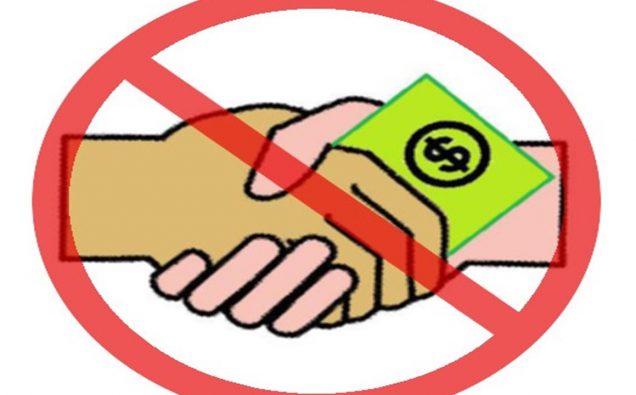
Days after ‘Paradise Papers’ exposed stealth practices of the rich and the powerful, United Nations experts say corruption undermines social justice and human rights worldwide.
The rights experts working with the world body say rating agencies and investment funds should downgrade “international corporations responsible for systematic tax abuse” in their environmental, social and governance performance.
“States must stop harmful tax competition amongst each other and work together to stop unethical tax avoidance schemes for wealthy individuals and international corporations,” Juan Pablo Bohoslavsky, the UN Independent Expert on the effects of foreign debt and human rights, said.
Bohoslavsky, who also monitors the impact of illicit financial flows, made the comment as information from the leak of the so-named ‘Paradise Papers’ continues to unearth a series of tax abuse scandals.
The International Consortium of Investigative Journalists reveals in the Paradise Papers offshore interests and activities of more than 120 politicians and world leaders, tax engineering of more than 100 multinational corporations; tax haven shopping sprees by multinational companies in Africa and Asia that use shell companies in Mauritius and Singapore to reduce taxes.
The Papers provide details of how owners of jets and yachts, including royalty and sports stars, used Isle of Man tax-avoidance structures.
Following up on stunning revelations of the Panama Papers, last week’s release of the Paradise Papers presents examples of systematic tax avoidance by well-known international corporations, making use of tax havens in places such as Bermuda, the Cayman Islands, and the Isle of Man.
The rights groups say such practices harm efforts to ensure equality for all.
“Wealthy individuals and international corporations are continuing to engage in unethical practices, reducing their tax burdens to minimal levels by using tax havens, which undermines the realization of human rights,” Bohoslavsky warned Thursday.
In this connection, Surya Deva, chairperson of the UN Working Group on Business and Human Rights, called on businesses to assume their corporate
responsibility, in line with the UN Guiding Principles on Business and Human Rights.
“All business enterprises have a responsibility to avoid adverse human rights impacts caused or contributed by their tax evasion practices,” said Mr. Deva.
The experts also ask states to make greater efforts to ensure tax justice rather than reducing spending on infrastructure.
“The UN Guiding Principles apply to law firms too – they should consider human rights implications of their legal advice given to businesses,” Deva said.
The UN Forum on Business and Human Rights, to be held in Geneva, Switzerland, from 27 to 29 November 2017, will address the issue of corporate tax avoidance.


















